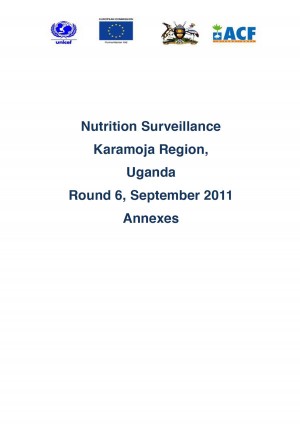Adapting participatory epidemiology to estimate the incidence of human diseases in Moroto District, Karamoja, Uganda
Evaluation
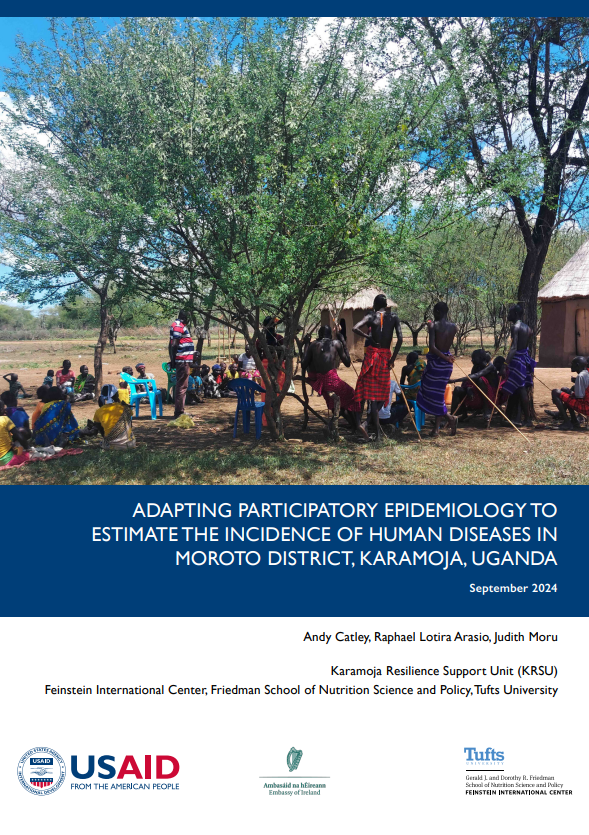
Adapting participatory epidemiology to estimate the incidence of human diseases in Moroto District, Karamoja, Uganda
This study explored the use of participatory epidemiology (PE) to estimate the annual incidences of human diseases in Karamoja, Uganda, with emphasis on diseases associated with water. Adapted PE methods were used successfully to estimate disease incidences in young children and adults, and revealed a rich knowledge on the clinical signs and causes of diseases. The report concludes that PE could be useful for overcoming some of the spatial limitations of the health surveillance system in Karamoja, and the temporal limitations of bi-annual food security and nutrition assessments.
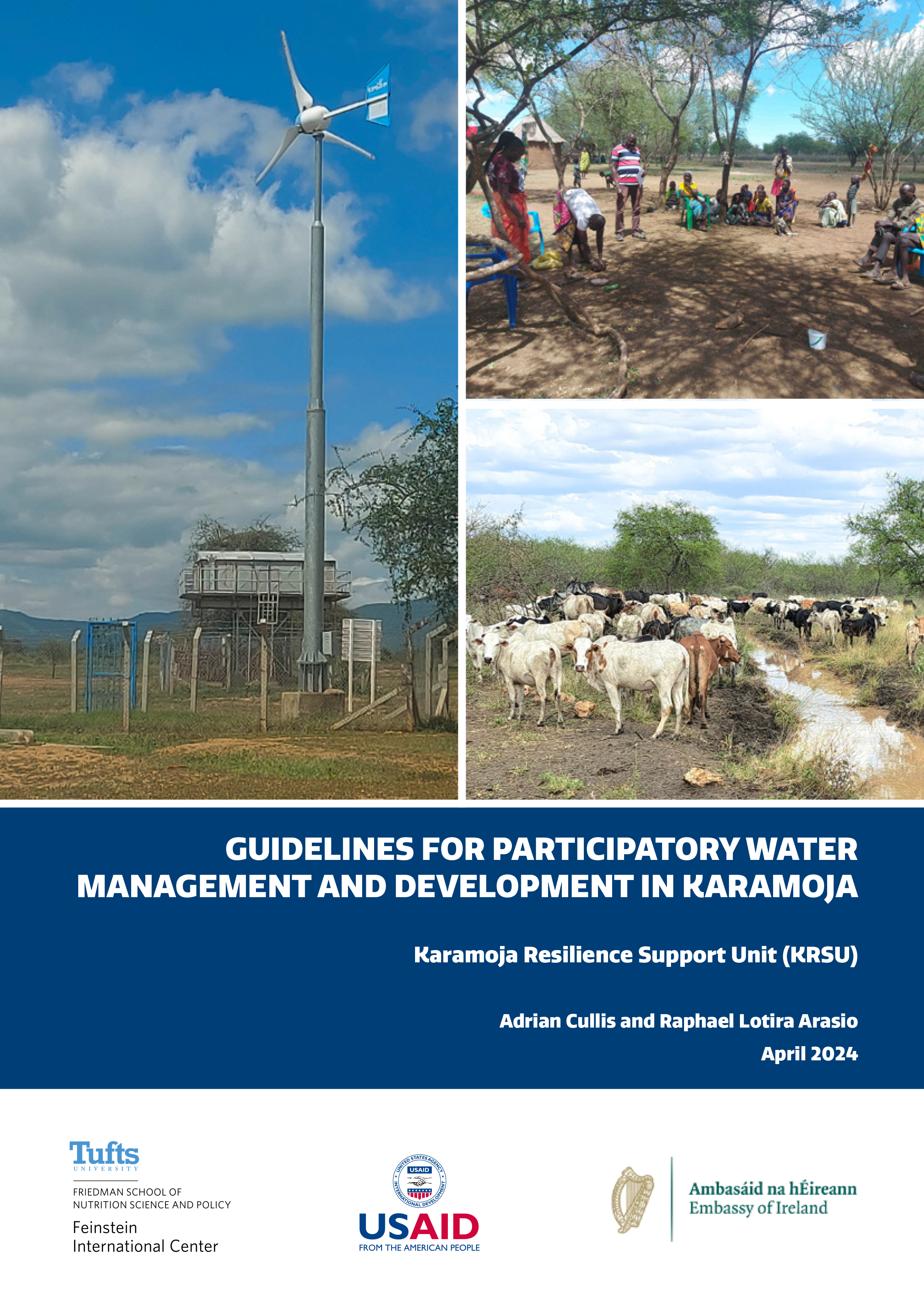
Guidelines for Participatory Water Management and Development in Karamoja
Water resources support key sectors of the economy namely: hydropower generation, agriculture, fisheries, domestic water supply, industry and navigation among others. However, the efficiency and sustainability of water utilization has recently been a concern in Uganda mainly due to inadequate sectoral collaboration in planning and implementation, increasing frequency of floods and droughts, environmental degradation and pollution of water resources.
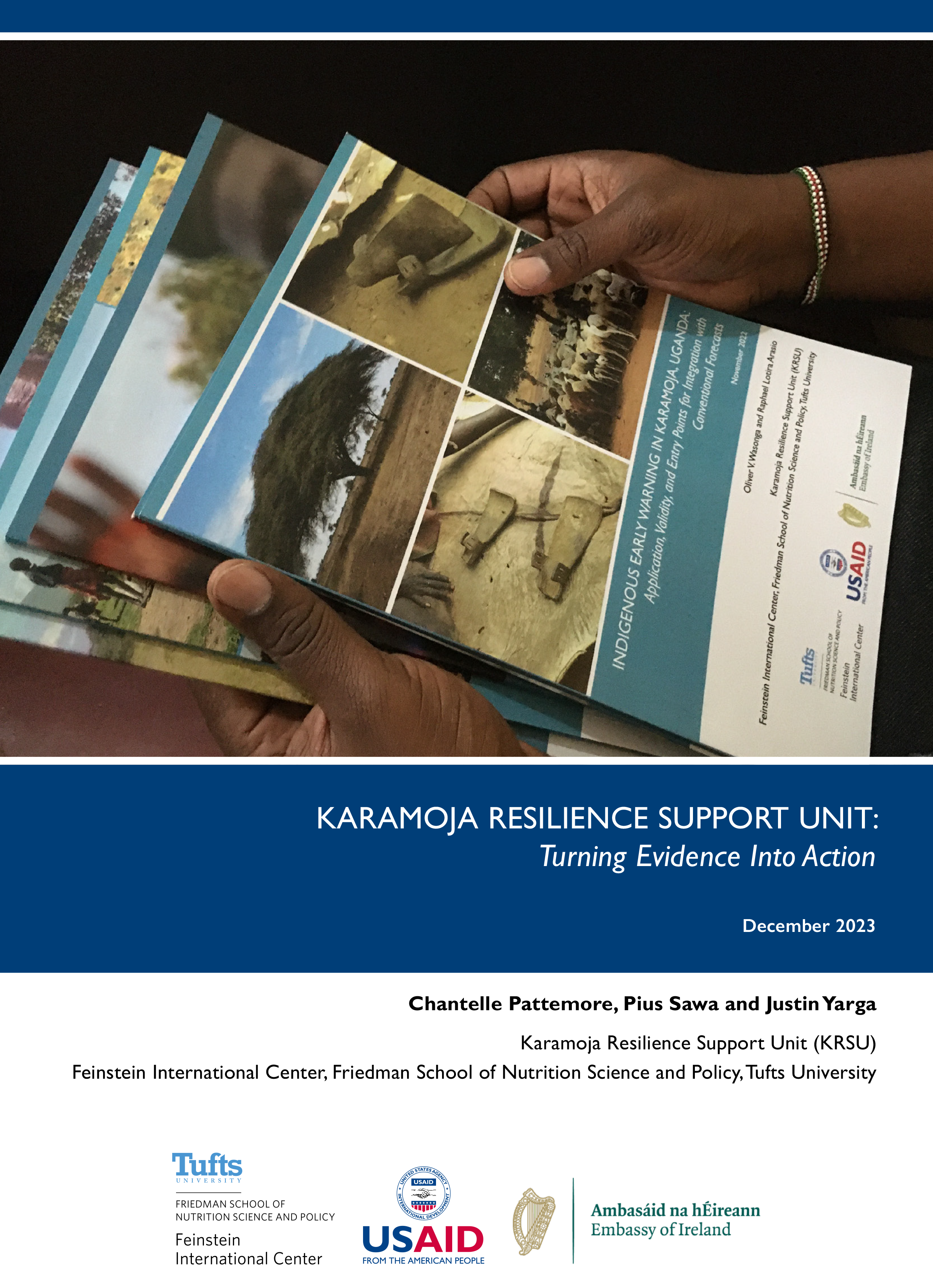
KARAMOJA RESILIENCE SUPPORT UNIT: Turning Evidence Into Action
To gauge understanding of how KRSU’s work benefits and is utilized in Karamoja, a rapid review was conducted in November and December 2023. The review involved face-to-face interviews with a number of the organization’s partners – including non-governmental organizations (NGOs), universities, academics, and donors.
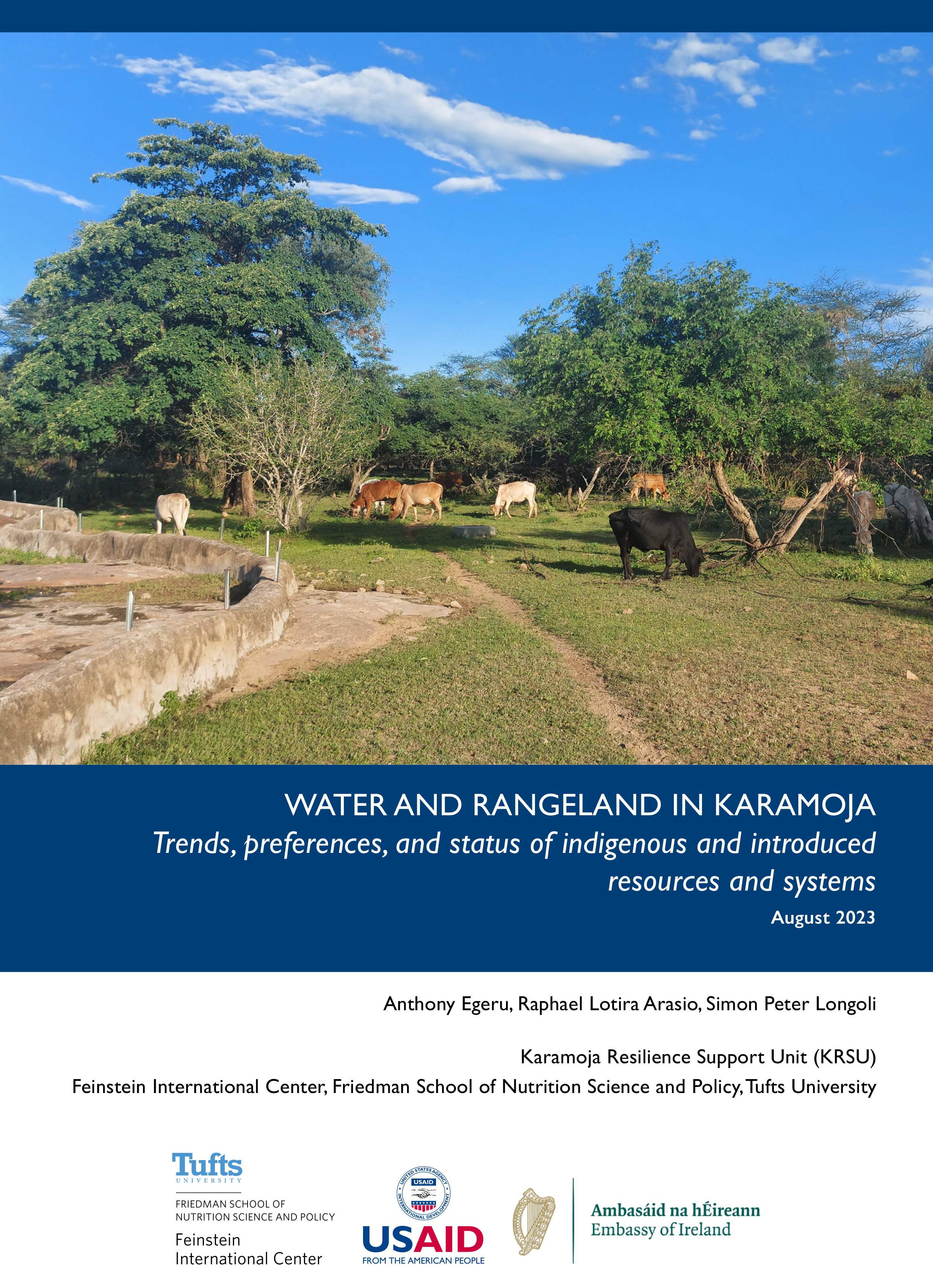
WATER AND RANGELAND IN KARAMOJA
Water and rangeland resources are the basis for livestock production in pastoralist areas of Africa and therefore have major impacts on pastoral livelihoods. Households with insufficient access to water or productive rangeland experience suboptimal herd growth and production, with associated negative impacts on the income and nutritious foods that livestock provide.
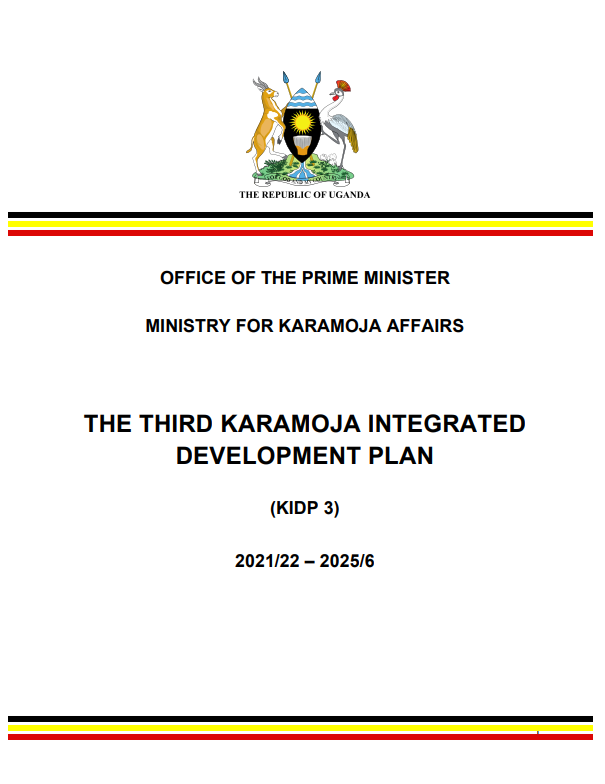
THE THIRD KARAMOJA INTEGRATED DEVELOPMENT PLAN
The third Karamoja Integrated Development Plan (hereafter KIDP3) covers the period 2021/22 to 2025/26. The design of the KIDP3 was preceded by a review of the performance of the KIDP2, both of which were commissioned by the Office of the Prime Minister (OPM) and Ministry for Karamoja Affairs (MfKA), and supported by the Karamoja Resilience Support Unit (KRSU) of Tufts University.
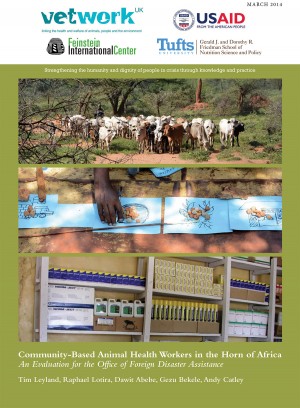
Community-Based Animal Health Workers in the Horn of Africa: An Evaluation for the Office of Foreign Disaster Assistance
Evaluation of USAID Office of Foreign Disaster Assistance (OFDA)-funded Community-Based Animal Health Worker (CAHW) programs in the Horn of Africa
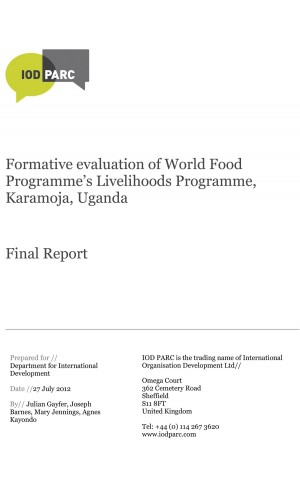
Formative evaluation of World Food Programme’s Livelihoods Programme, Karamoja, Uganda: Final Report
The purpose of this evaluation is to provide an independent assessment on the merit and worth of the World Food Programme’s (WFP) strategy on livelihoods recovery in Karamoja1. The object of the evaluation is the DFID funded WFP Livelihood Programme (2010 -2013); an element of the Government of Uganda (GoU) led second Northern Uganda Social Action Fund (NUSAF 2). This formative evaluation looks at the effectiveness, efficiency, relevance and the sustainability of the approaches that have been adopted by WFP and its partners.
